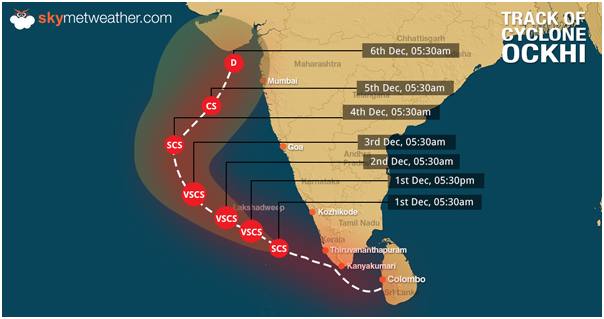900 319 0030
enquiry@shankarias.in
What is the issue?
How was the disaster response?
Why is Kanniyakumari more vulnerable?

What lies ahead?
Source: The Hindu